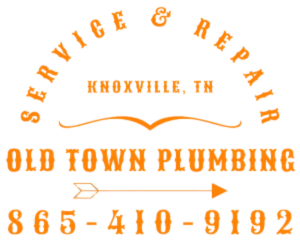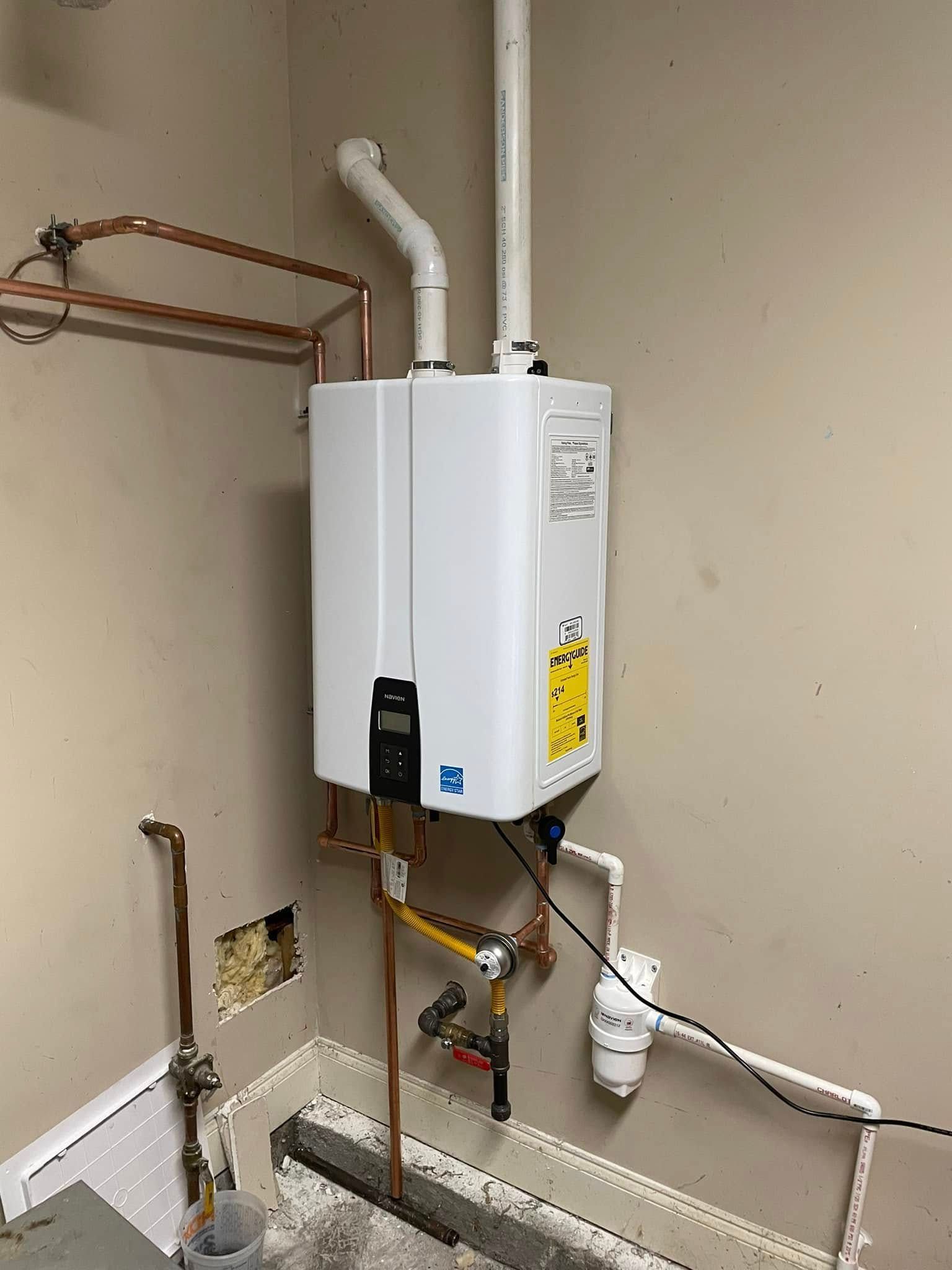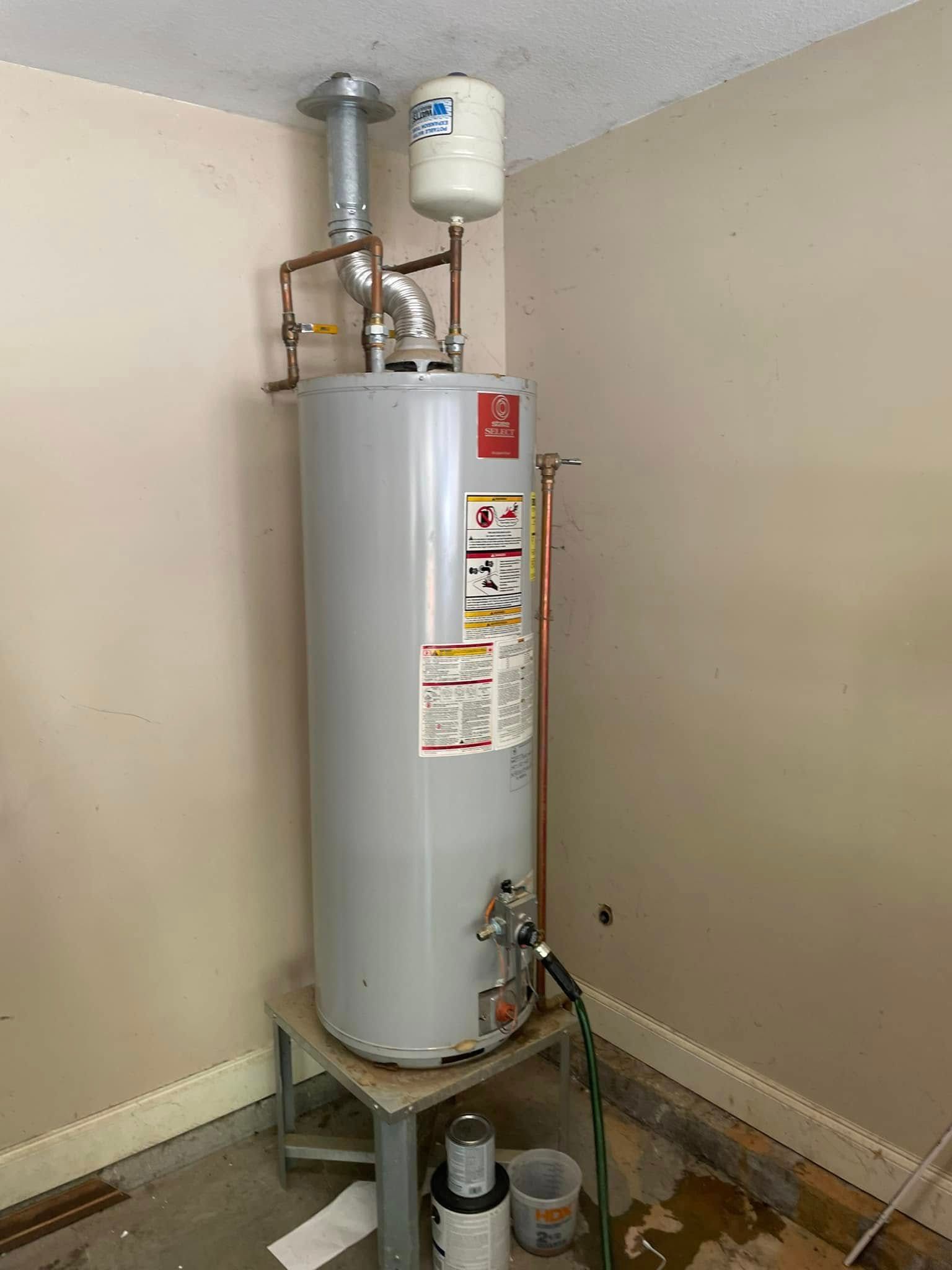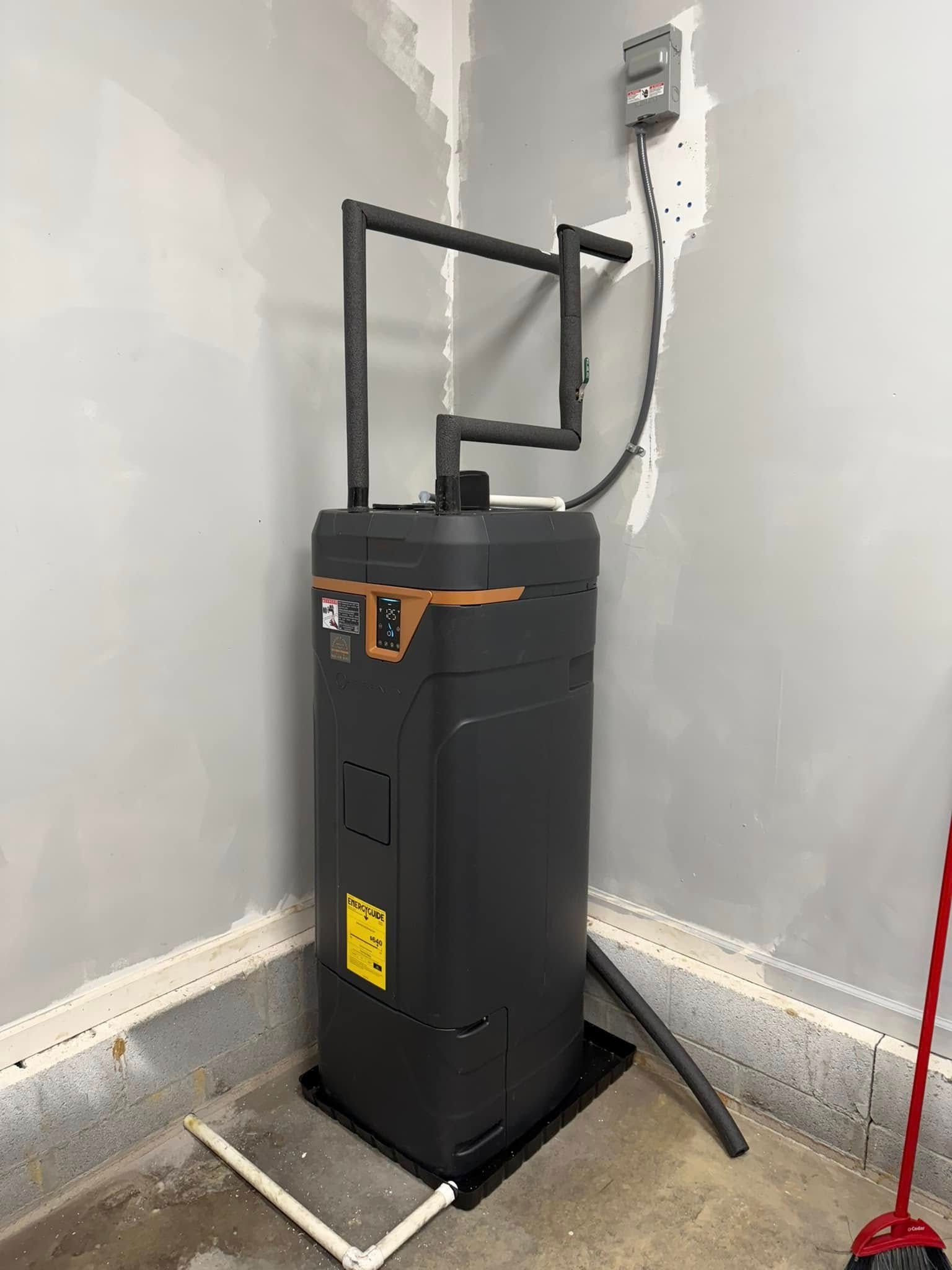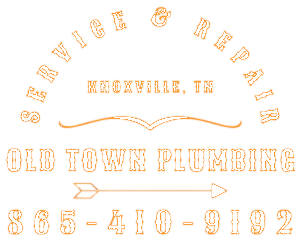Tankless vs. Traditional Water Heaters: Which One’s Right for Your Home?
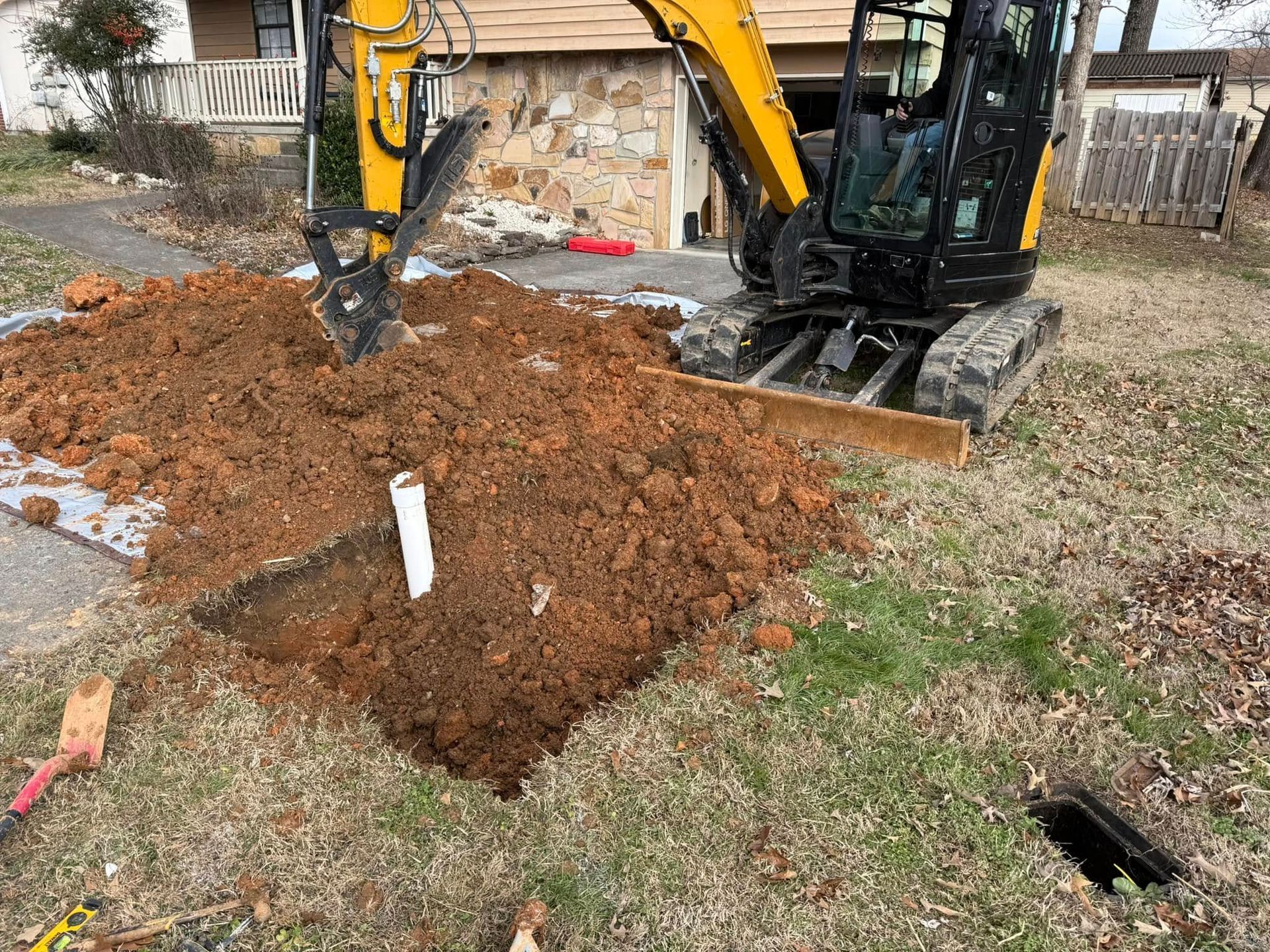
Table of Contents
- Understanding How Each Water Heater Works
- Comparing Energy Efficiency and Performance
- Installation Costs and Long-Term Value
- Maintenance and Lifespan Differences
- Space, Convenience, and Household Suitability
- How to Choose the Best Water Heater for Your Home
- Final Thoughts
Key Takeaways
- A tankless heater provides endless hot water and uses energy only when needed, but the upfront investment is higher.
- A traditional water heater stores and heats water continuously, making it more affordable initially but less efficient long-term.
- The best choice depends on your home size, hot water habits, and budget.
- Choosing the right water heating system can save money, energy, and headaches.
- Our team at Old Town Plumbing can help you make the smartest decision for your comfort and energy goals.
Finding the Best Water Heater for Your Home’s Needs
Most homeowners don’t think about their water heater until something goes wrong—usually when the water turns cold halfway through a shower. We’ve seen it countless times. That moment of frustration often leads to a big question: Should we replace it with a traditional water heater, or upgrade to a tankless water heater?
The truth is, both systems work well when chosen and installed correctly. But depending on your household’s size, energy habits, and comfort preferences, one option may fit your needs far better than the other. In this post, we’ll share what we’ve learned from years of installing and servicing both tankless heaters and traditional systems, so you can make the best decision for your home.
Understanding How Each Water Heater Works
Let’s start with the basics.
A traditional water heater—what most homes have—is that familiar tank tucked away in a basement or utility closet. It holds anywhere from 30 to 80 gallons of water, keeping it hot around the clock. When you turn on the tap, hot water flows out of the tank, and cold water rushes in to replace it. Once that tank empties, you wait until it reheats.
A tankless heater, on the other hand, skips the storage tank entirely. Instead, it heats water instantly as it flows through the unit. When you open a hot water tap, the system ignites a burner or activates an electric element that warms the water on demand. No storage. No waiting. No running out.
We’ve installed both systems for families who just wanted reliable, efficient water heating—and understanding how they work is the first step to choosing which suits your lifestyle best.
Comparing Energy Efficiency and Performance
Energy efficiency is one of the biggest deciding factors for homeowners. After all, your water heating system is the second-largest energy user in your home, right after heating and cooling.
Here’s where the difference becomes clear. A tankless heater only runs when you need hot water. That means it doesn’t waste energy maintaining a full tank of heated water all day. Over time, that efficiency can add up to noticeable savings on your utility bills—especially for smaller households or families with consistent usage patterns.
A traditional water heater, however, keeps reheating water even when you’re not using it. It’s like keeping the stove on just in case you get hungry later. While that constant cycling guarantees a ready supply, it also means you’re paying for heat that slowly dissipates over time.
From our experience, customers who switch to tankless systems often see their energy bills drop by 20–30% annually. It’s a difference you might not feel day one, but you’ll see it on your utility statement month after month.
Installation Costs and Long-Term Value
Now, let’s talk about what most homeowners really want to know—cost.
A traditional water heater is generally cheaper to buy and install. Depending on the size and type, you’re typically looking at a lower upfront investment. That makes it a popular choice for homeowners on a tighter budget or those who need a quick replacement.
A tankless heater, by comparison, costs more initially. The unit itself is pricier, and installation can require upgrades to gas lines or electrical systems. However, we always remind our clients to think beyond the first bill. Tankless water heaters typically last twice as long as storage tanks and use less energy over time, meaning you recover that cost through savings and longevity.
We had a customer recently who hesitated because of the price difference. Three years later, they told us the savings on their gas bill—and the convenience of never running out of hot water—made it one of the best home investments they’d made.
Maintenance and Lifespan Differences
Maintenance plays a huge role in keeping any water heater running efficiently.
Traditional units generally last 8–12 years, depending on water quality and usage. They require periodic draining to remove sediment buildup that can reduce heating efficiency. Without proper care, corrosion can set in, leading to leaks or full tank failure—a problem that can cause serious water damage if not caught early.
Tankless systems, meanwhile, can last 20 years or more with the right maintenance. But they’re not maintenance-free. We recommend flushing the system once a year to remove mineral deposits, especially if your home has hard water. The good news? Tankless heaters have fewer components that wear out and are easier to service over time.
We’ve seen well-maintained tankless units still running like new after a decade, while neglected tank-style heaters needed replacing years earlier. Regular upkeep truly makes the difference. (If you suspect something’s off with yours, check out our guide on what might be wrong with your water heater.)
Space, Convenience, and Household Suitability
Space is another key factor, especially for homeowners with smaller homes or limited utility areas.
A traditional water heater can take up significant floor space. Even a compact 40-gallon tank occupies a closet corner or a chunk of your basement. A tankless heater, on the other hand, mounts on a wall—freeing up valuable space. We’ve installed them in laundry rooms, garages, and even tight crawl spaces where a tank simply wouldn’t fit.
But convenience goes beyond space. Imagine never running out of hot water again. With a tankless water heating system, that’s exactly what happens. You can take a shower while the dishwasher runs without worrying about who’s next in line. For larger families, that reliability can be a game-changer.
That said, traditional systems can still make sense for smaller households with predictable usage. If only one or two people live in your home, a tank system might provide all the hot water you need without overcomplicating things.
How to Choose the Best Water Heater for Your Home
Choosing between a tankless heater and a traditional water heater comes down to understanding your home’s specific needs.
Ask yourself a few key questions:
- How many people live in your home?
- Do you often run multiple hot water fixtures at once?
- Are you planning to stay in your home long-term or move within a few years?
- How important is energy efficiency to you?
For example, if you’re planning a long-term stay and want to reduce energy costs over time, a tankless heater might be your best bet. But if your priority is a lower upfront cost or if you’re replacing a failed unit quickly, a traditional water heater remains a reliable choice.
We’ve guided homeowners through this exact decision countless times. Some love the endless hot water that tankless systems offer; others prefer the simplicity and lower installation costs of a standard tank. The key is matching the system to your habits—not the other way around.
Our Honest Take as Professionals
At Old Town Plumbing, we’ve installed and serviced just about every kind of water heating system you can imagine. We’ve seen firsthand how much difference the right choice can make—not just in comfort, but in monthly energy costs and long-term reliability.
If we had to sum it up:
- Tankless heaters are ideal for homeowners looking for energy efficiency, long-term savings, and endless hot water.
- Traditional water heaters are better for those who want a straightforward, budget-friendly solution without major installation changes.
Neither option is wrong; it just depends on your goals. What we always tell our customers is that investing in the right system up front saves far more money and stress down the line.
Final Thoughts
Your water heater might not be the most glamorous part of your home, but it’s one of the hardest-working. Whether you choose a tankless heater for its modern efficiency or a traditional water heating system for its reliability, the key is professional installation and proper maintenance.
If you’re unsure which system is right for your home, we’d be happy to walk you through your options in detail. We can evaluate your current setup, explain the real-world costs and savings, and help you make the decision that fits your home and budget perfectly.
For expert water heater installation or service, contact Old Town Plumbing today. Visit our website, or call (314) 363-6554. Let’s make sure your next hot shower is as comfortable—and energy-efficient—as it should be.
Old Town Plumbing — your trusted partner for all your plumbing and water heating needs.
Frequently Asked Questions
What’s the main difference between a tankless heater and a traditional water heater?
We explain it like this — a traditional water heater stores and reheats water, while a tankless heater provides hot water on demand. The tankless option is more energy-efficient and saves space, but the traditional model costs less upfront.
How long does a tankless water heater last?
With proper maintenance, our tankless heaters can last up to 20 years or more. That’s nearly twice the lifespan of most traditional water heating systems, making them a great long-term investment for homeowners who want reliable and efficient hot water every day.
Can a tankless heater provide enough hot water for a big family?
Absolutely! We install tankless water heaters designed to handle multiple fixtures running at once. The key is sizing it correctly. When installed properly, a tankless system can easily keep up with showers, dishwashers, and laundry all at the same time.
How can we tell if our water heater needs repair or replacement?
If you’re noticing inconsistent temperatures, strange noises, or rust-colored water, your water heater might need attention. We usually inspect the system first to see if a simple repair will do the trick or if a full replacement would be more cost-effective long-term.
What’s the best way to maintain our water heating system?
We recommend flushing your water heater once a year to remove mineral buildup, especially if you have hard water. For tankless heaters, this step keeps efficiency high and prevents clogs. Regular professional checkups also extend your system’s lifespan and reliability.
